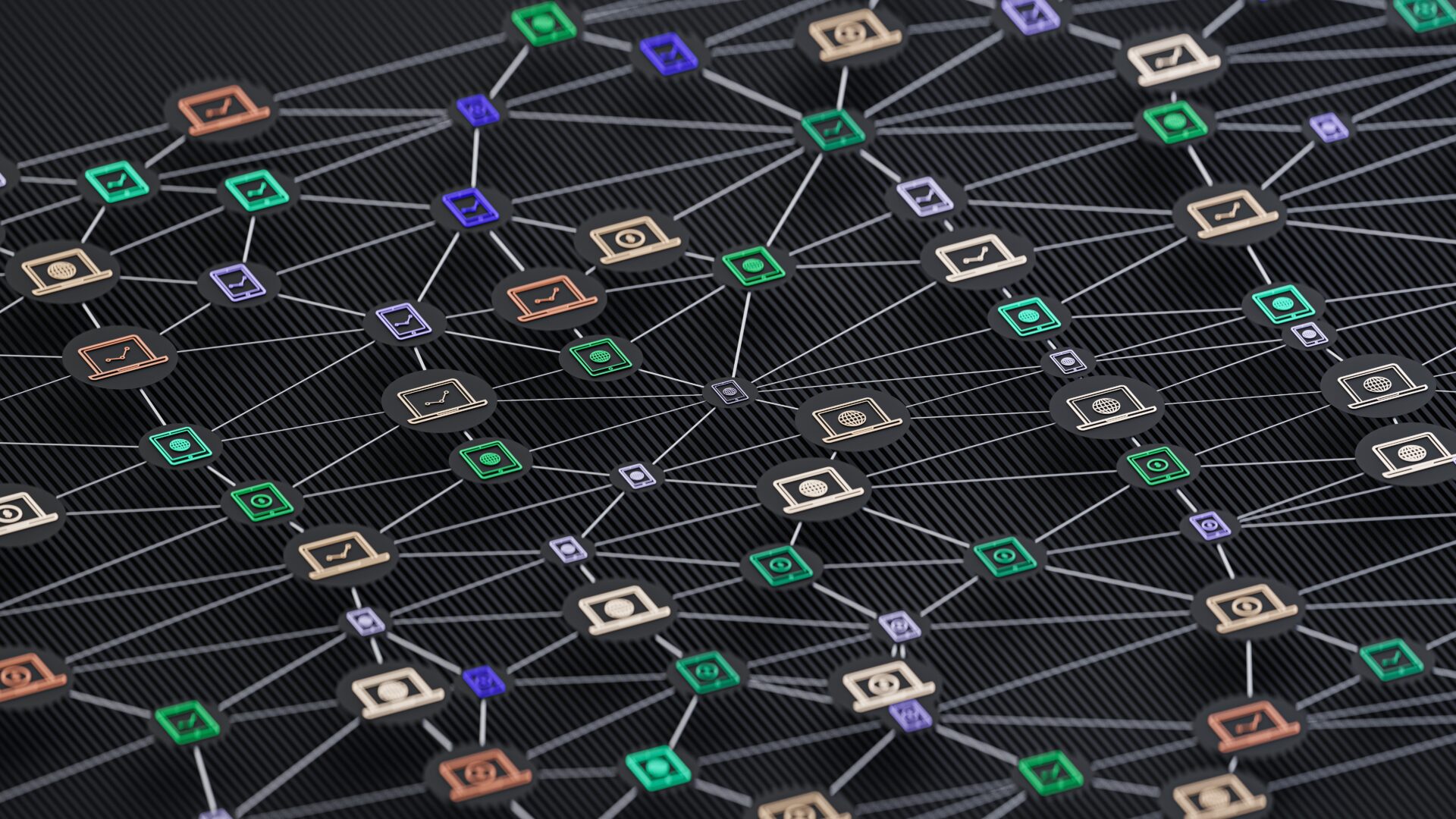Ransomware threat to the NHS in the UK: INC Ransom Group threatens data leak

Ransomware INC Ransom Targets NHS in the UK
A well-known ransomware group called INC Ransom has revealed that they have stolen some data from the National Health Service (NHS) in the United Kingdom and intend to publish it on the Dark Web. The stolen information originates from NHS Dumfries and Galloway, and cybercriminals threaten to release another 6 terabytes of data obtained from another medical facility in Scotland.
Ransom Demands and Threats
The INC Ransom group is demanding a ransom that must be paid by the first week of April. The stolen data includes sensitive information such as names, addresses, and medical histories of individuals associated with the British healthcare facility. Cybercriminals threaten to sell this information to interested parties, including state sponsors.
Attacks on the Healthcare Sector
Attacks on the healthcare sector are becoming increasingly common and profitable. Criminal groups not only extort financially but also use patients’ personal information for further extortion. Profits from these attacks are on the rise, and this trend has been observed since 2021.
Global Threat
Some countries, such as North Korea, train cybercriminals to target various entities, including cryptocurrency exchanges, financial institutions, and the manufacturing sector. Revenues from illegal activities are often used to fund dishonest agendas. Banning cryptocurrencies may prove ineffective due to the lack of centralized control over transactions.
Challenges for Law Enforcement
Arresting perpetrators involved in such activities poses a challenge for law enforcement agencies, especially when crimes are ongoing. Combating cybercrime is becoming increasingly complex due to technological advancements and the global nature of these threats.



![How to report Bitxiom fraud and recover funds? [Guide]](https://cryptoeconomy.info/wp-content/uploads/2024/02/max-bender-XIVDN9cxOVc-unsplash-1000x500.jpg)

